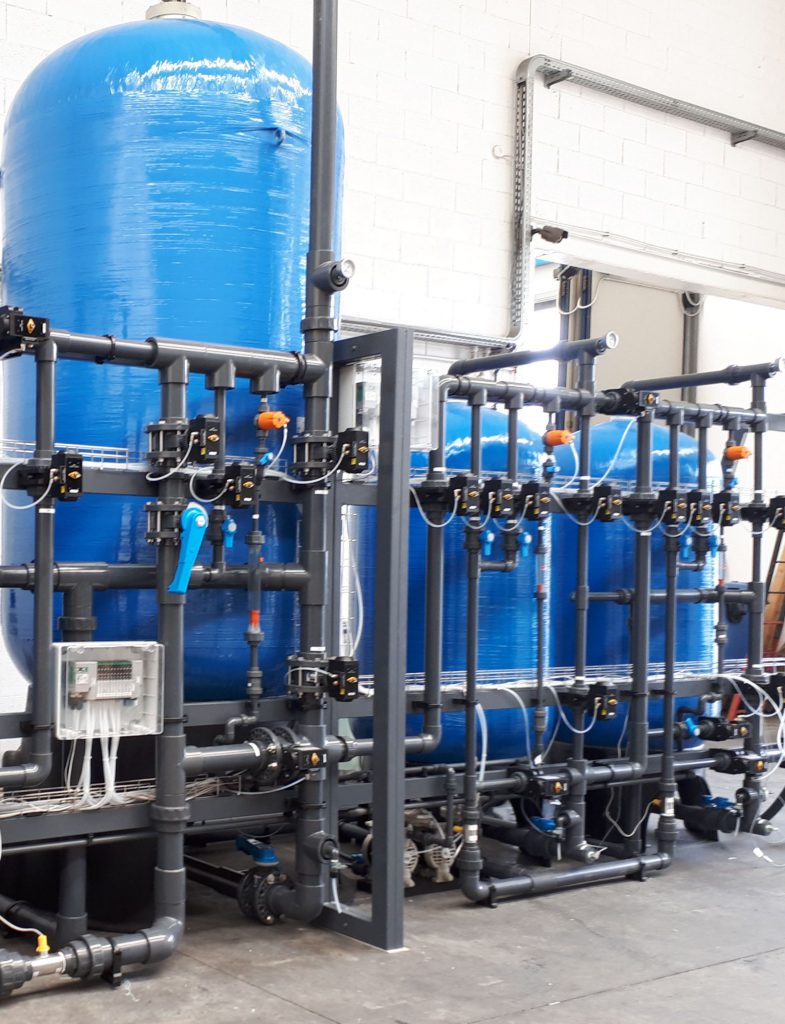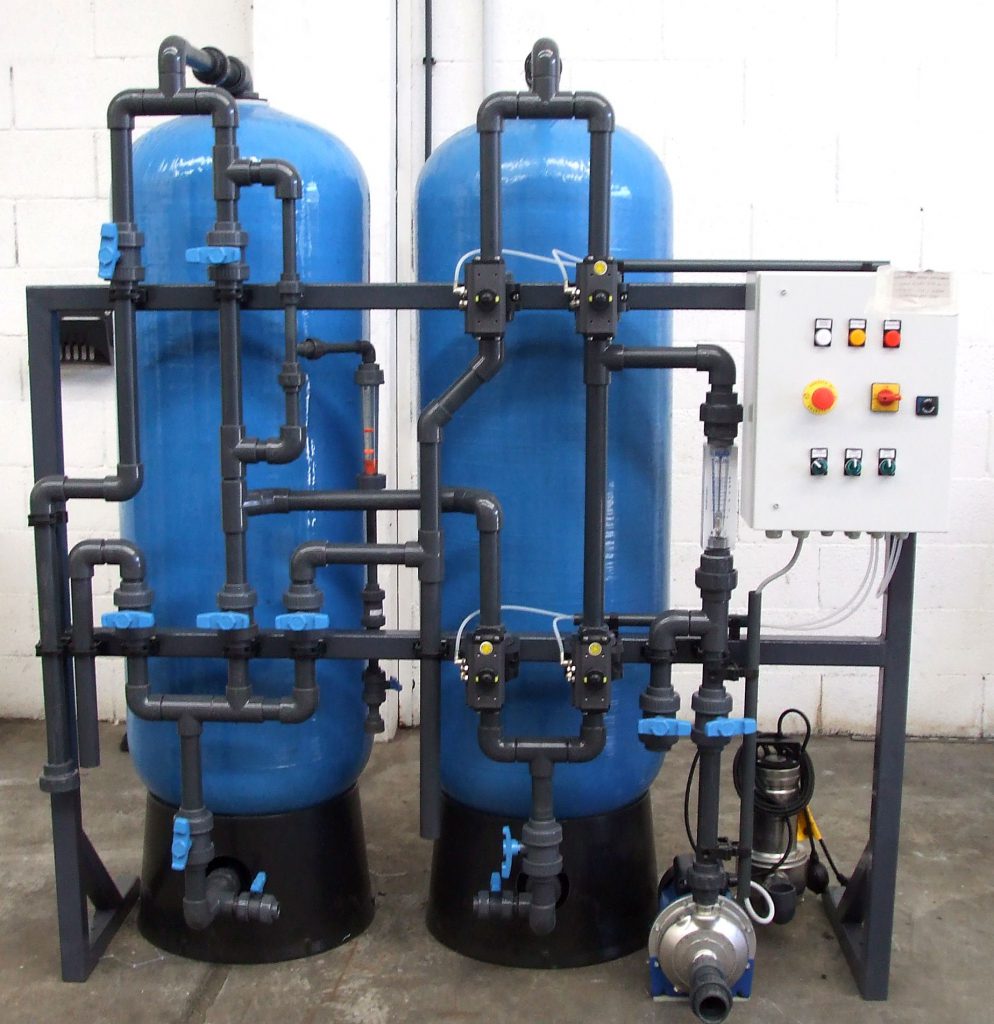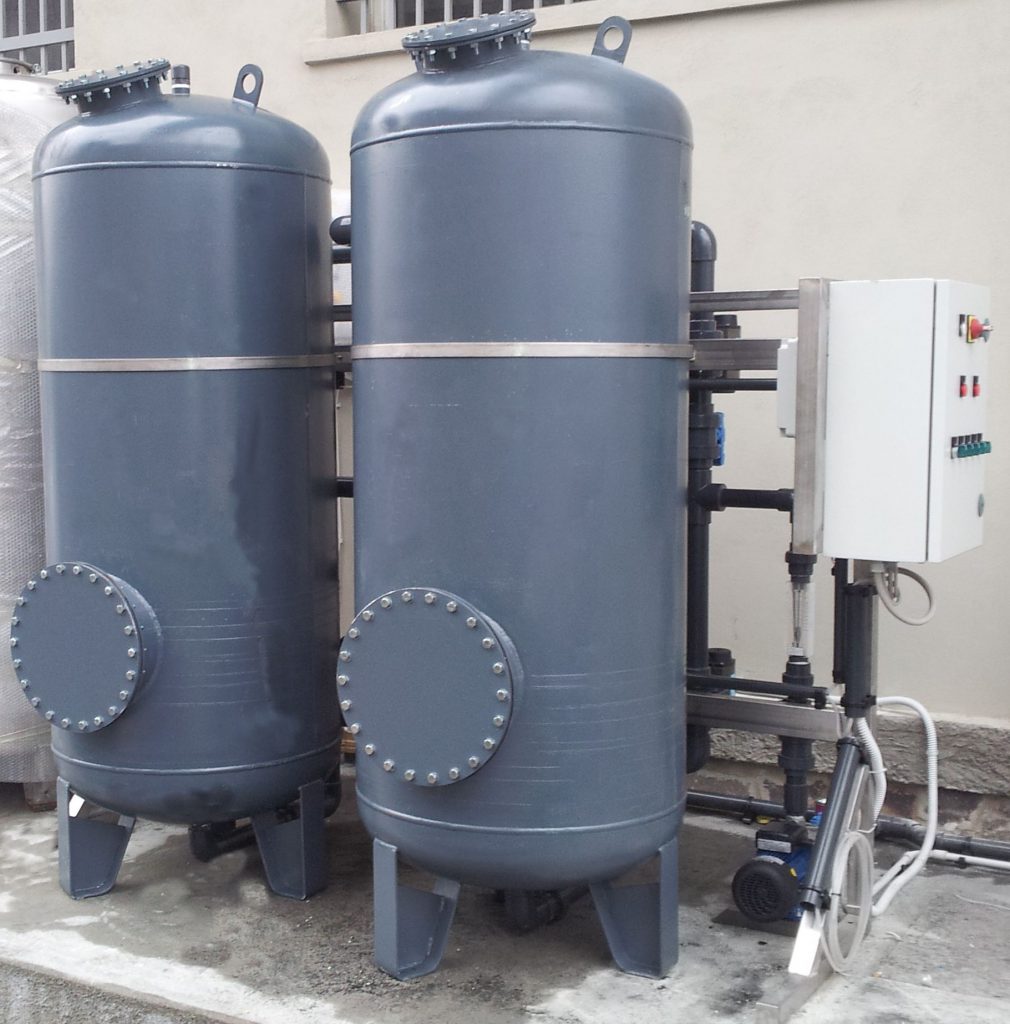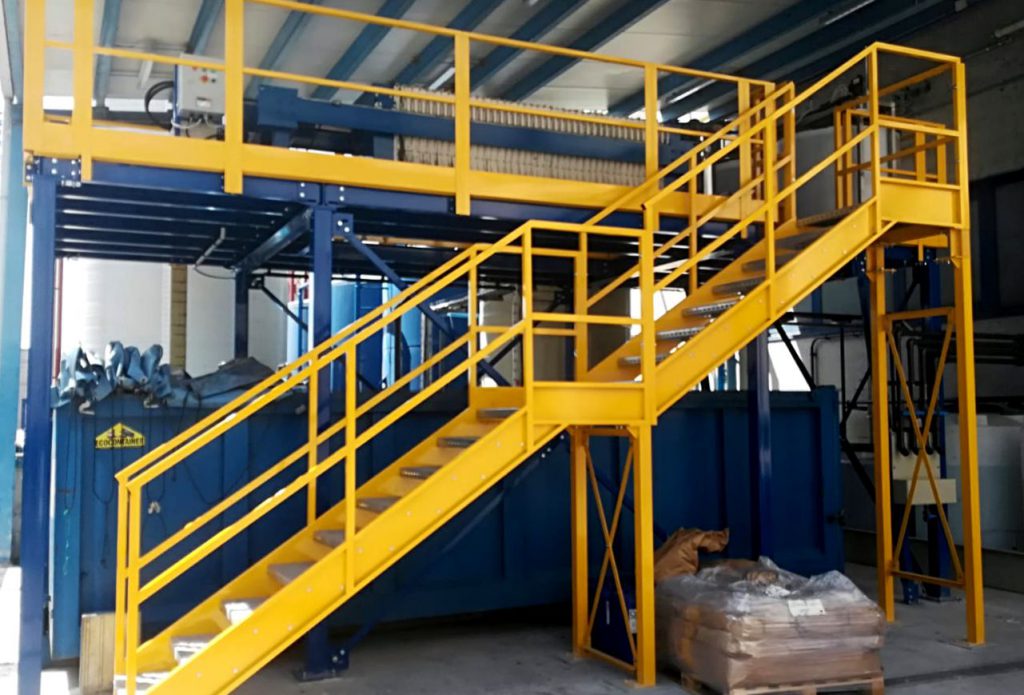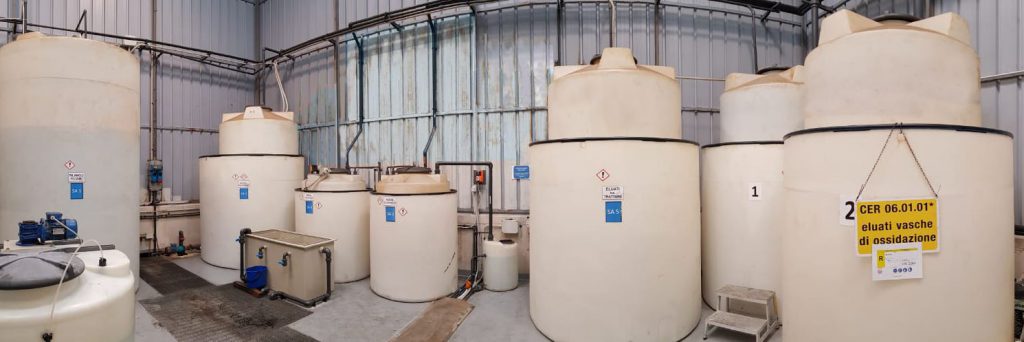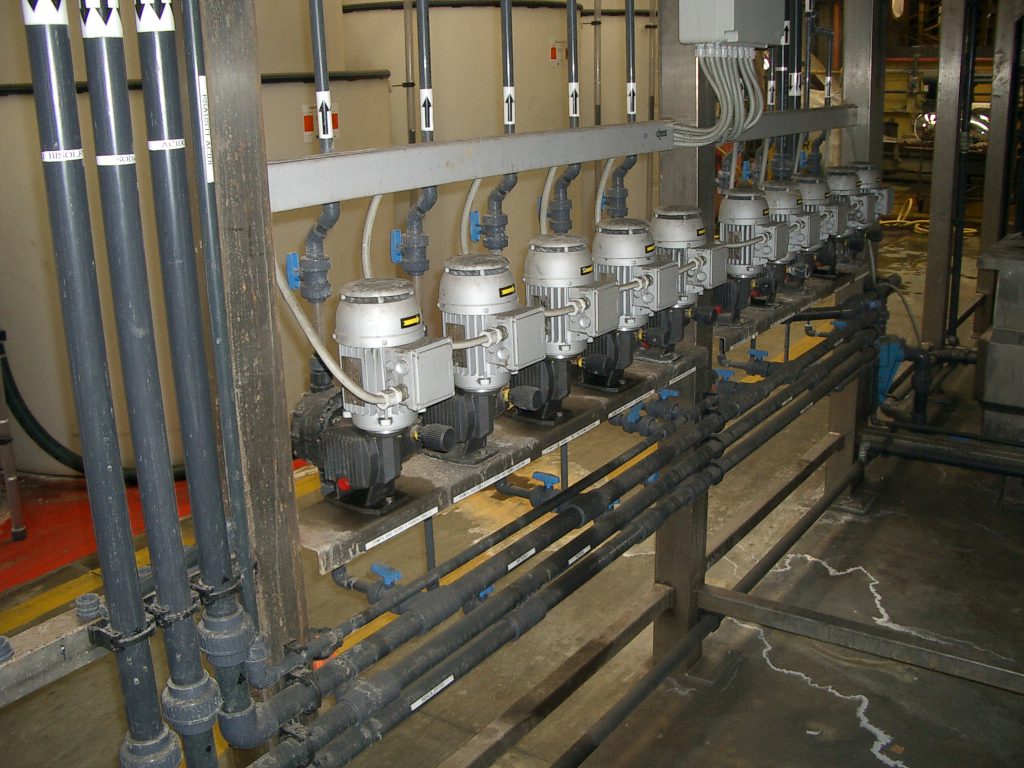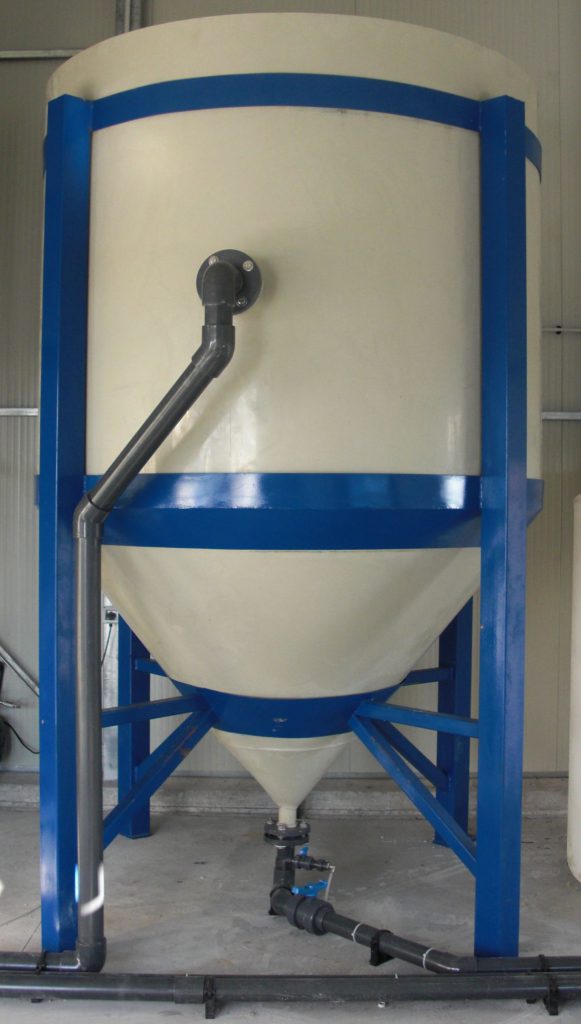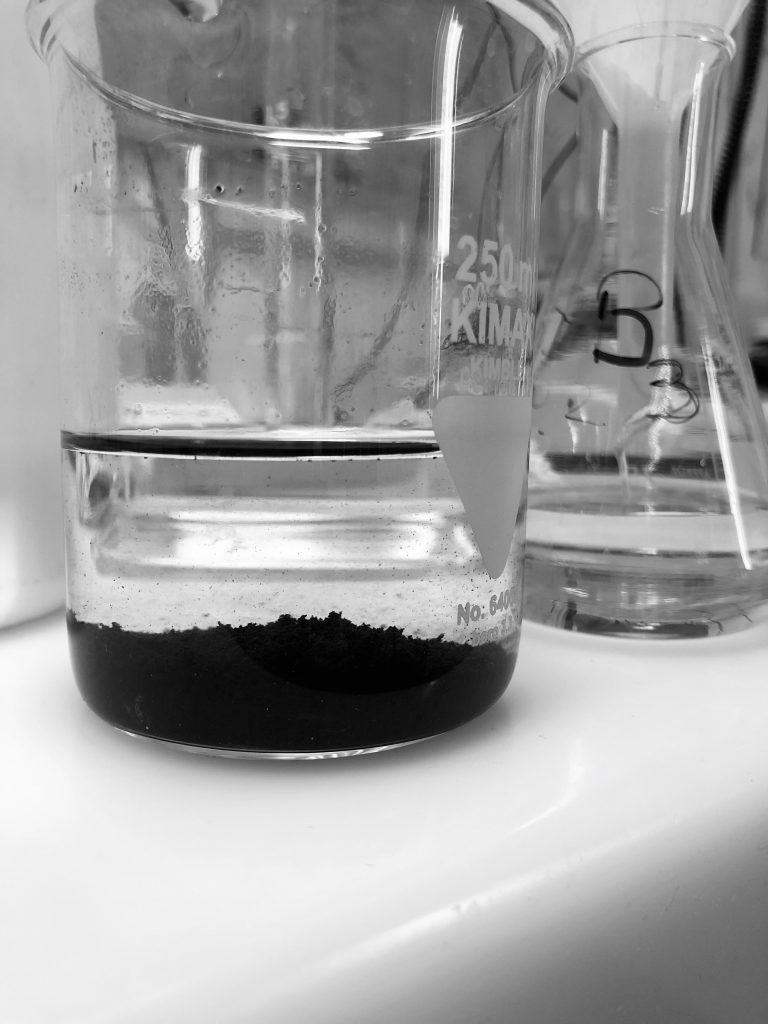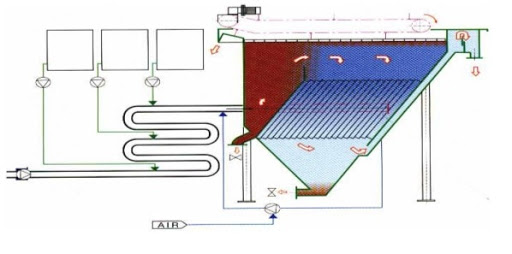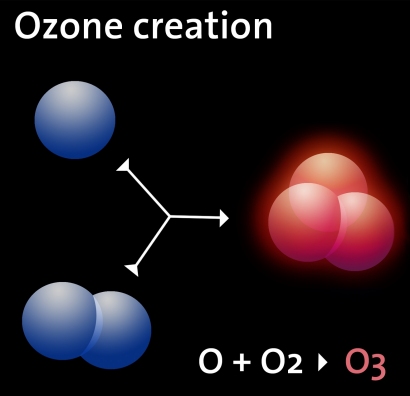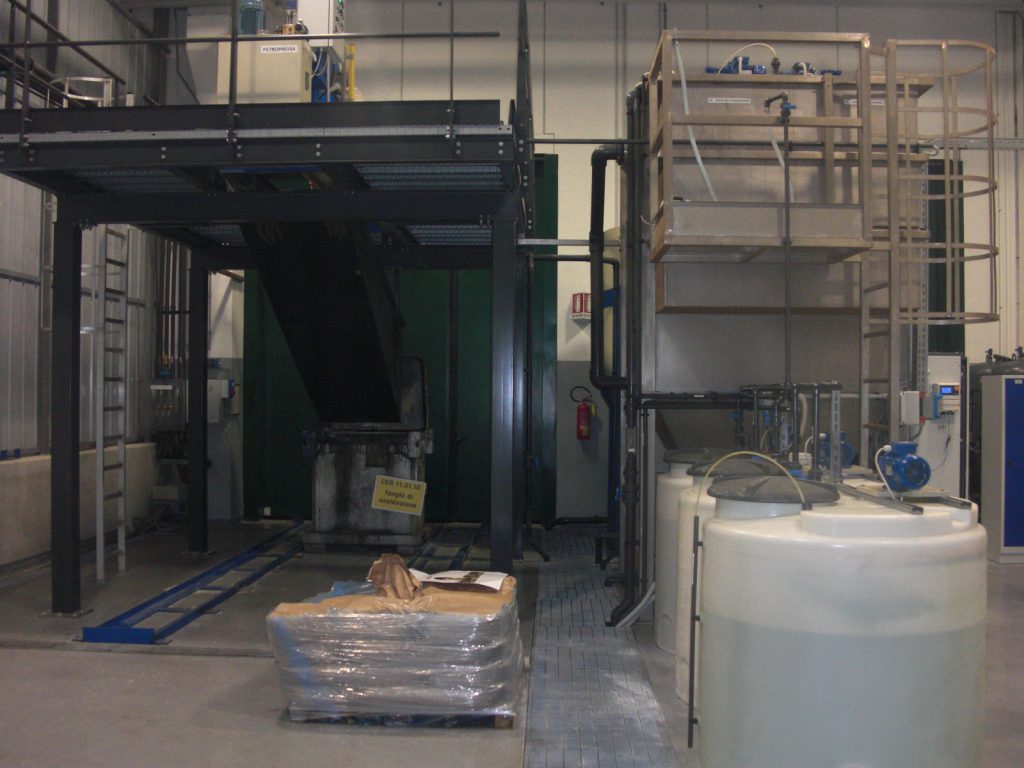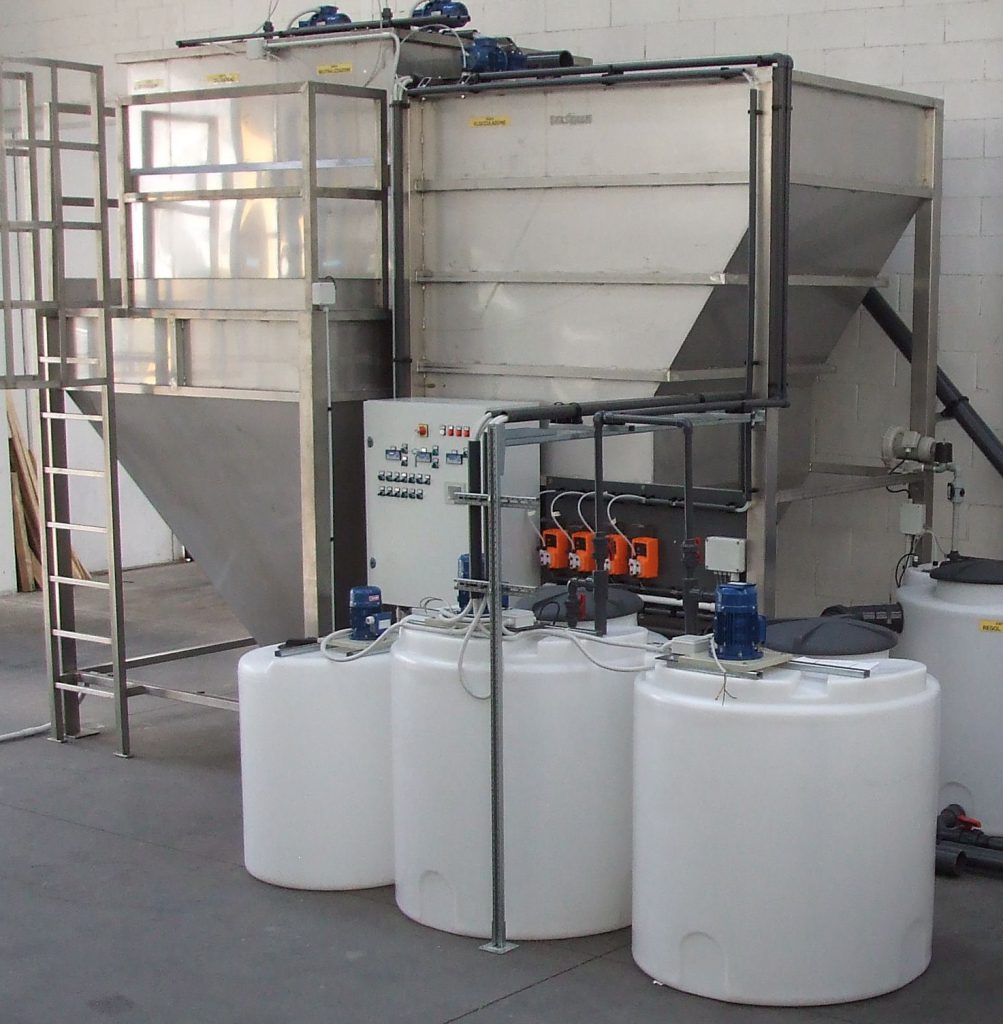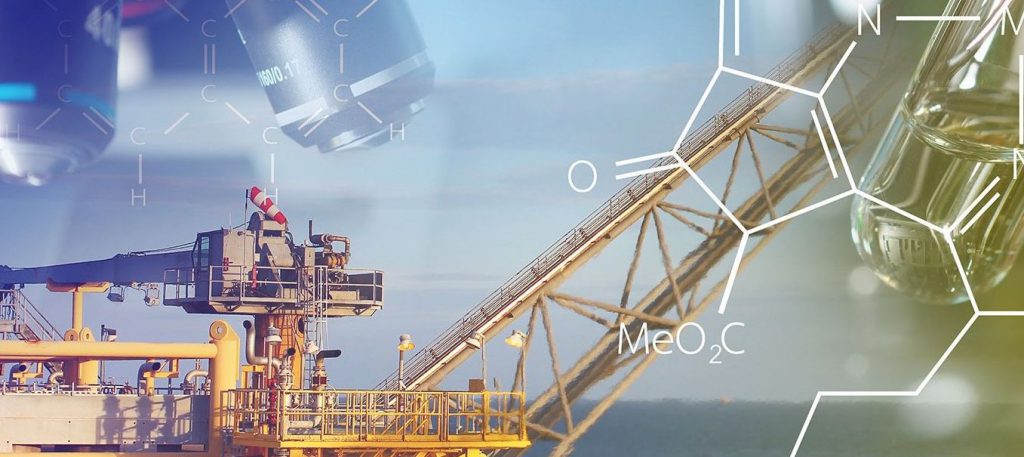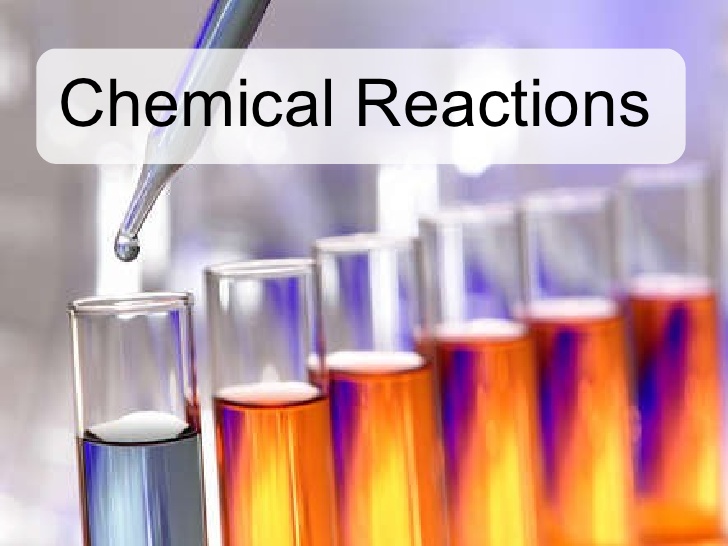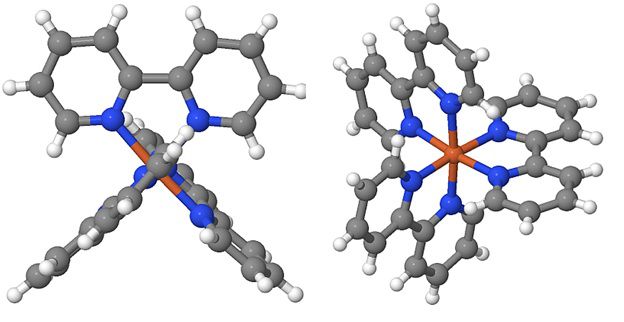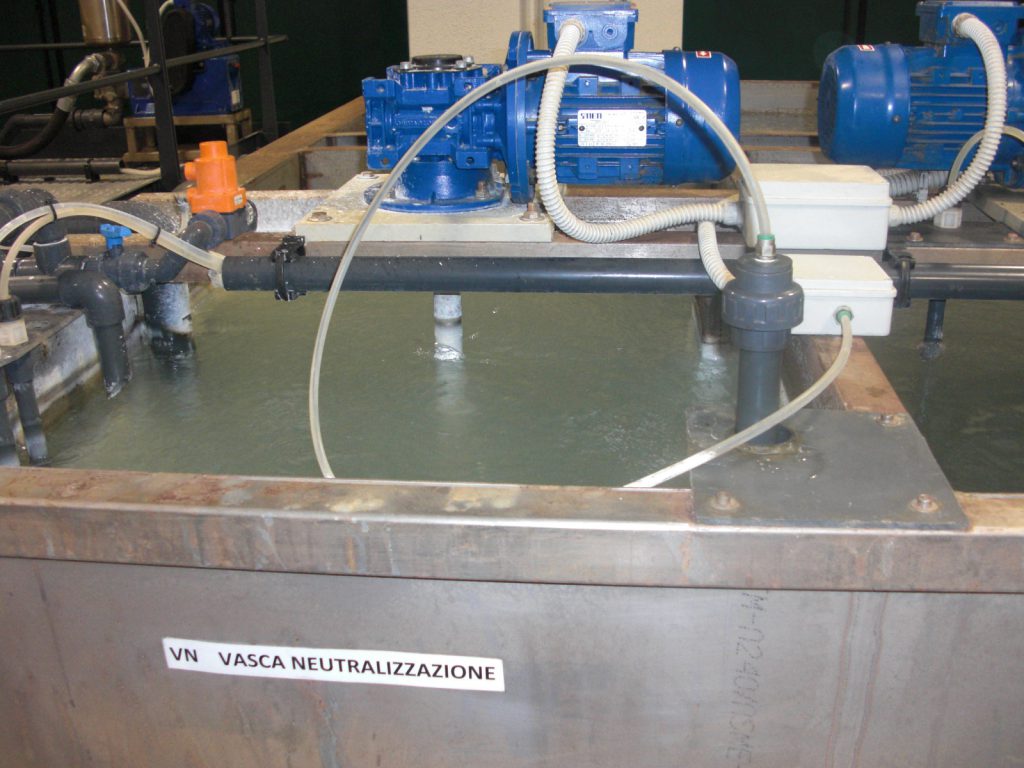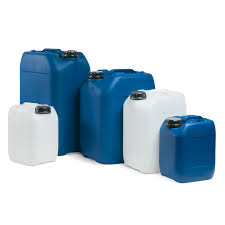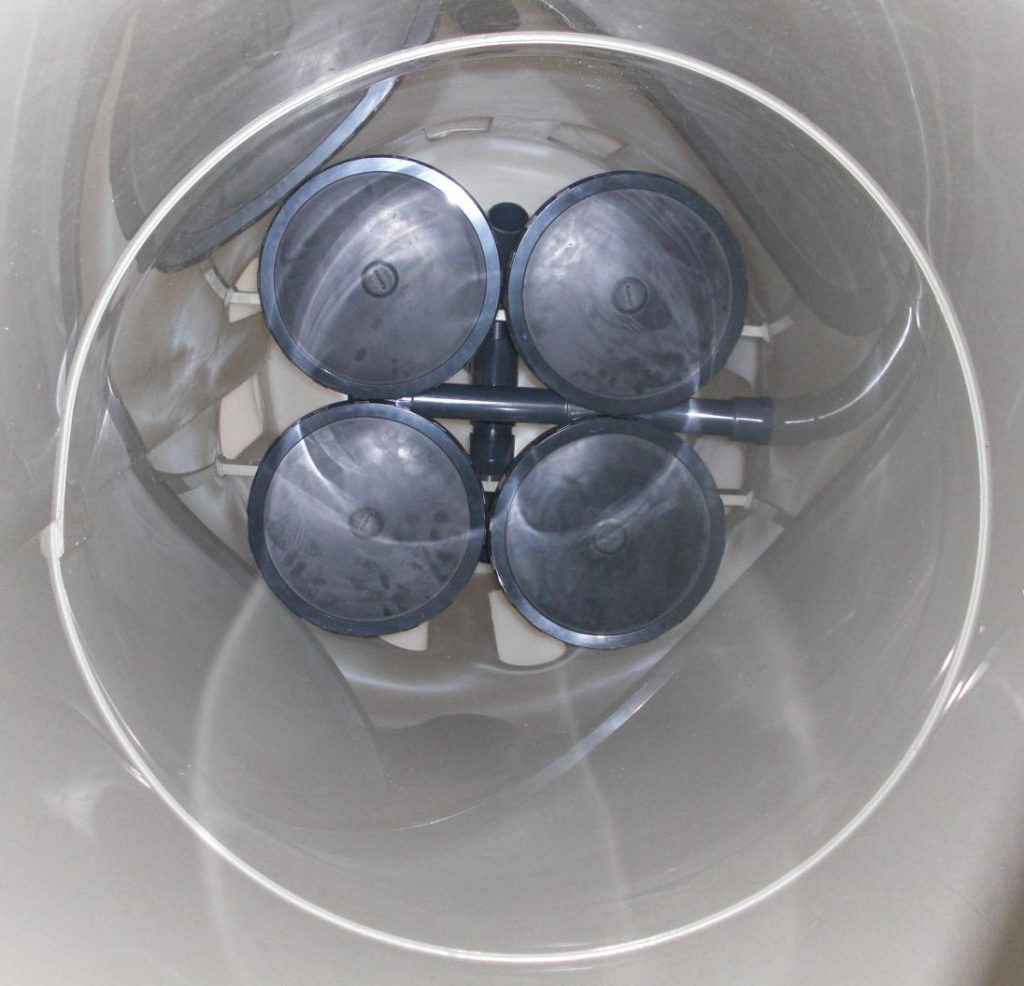The coagulation is a very important section in a chemical-physical water treatment plant, the coagulation is composed of a tank that collects the water from the other sections, such as decyanidation, dechromatation, various alkaline acid washings, concentrates, eluates, etc…
In this phase it is good to maintain the pH at values that tend to be acidic, in this way the dissolution of metal complexes is allowed, the chemical-physical purification plant can use this phase for the dosage of acid concentrates or eluates of regeneration saving in the use of primary reagents.
The dosing of a coagulant is necessary to facilitate the agglomeration of fine solid particles to colloidal ones, the chemical reagents used in chemical-physical purification plants are normally iron or aluminum based and have a reaction time of 12 minutes.
The use of primary coagulants, their type and stoichiometric dosage, on a chemical-physical purification plant considerably differentiate the result, a careful dosage creates the desired purification efficiency without increasing the production and subsequent disposal of sludge typical of chemical-physical purification plants.

